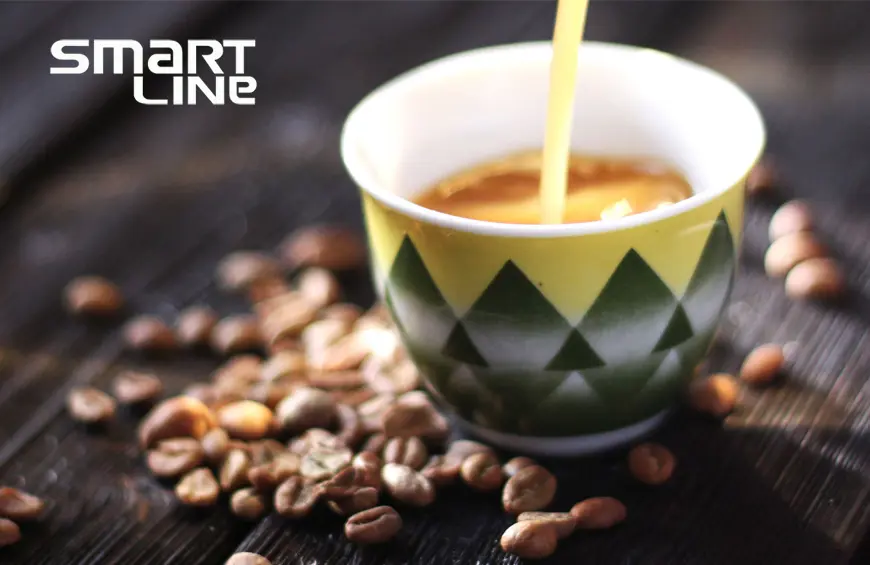Coffee is the elixir of life that fuels your day with its divine aroma and energizing taste. But have you ever wondered about the caffeine content in your favorite Arabic coffee? As a coffee connoisseur, you must be aware of caffeine intake to prevent jitters or coffee crashes while relishing your daily cuppa joe. The world of coffee is vast, and when it comes to Arabic coffee, there’s a lot to learn for coffee lovers.
Whether you enjoy the authentic taste of Arabic coffee or are curious about its caffeine content, this blog post will answer all your questions. So buckle up, and let’s dive into the nuances of caffeine in Arabic coffee! In this blog post, we’ll go in-depth on the caffeine content in Arabic coffee, its health benefits, and some tips to brew the perfect cup of this exotic beverage to enjoy any time of the day.
Does Coffee arabica have caffeine?
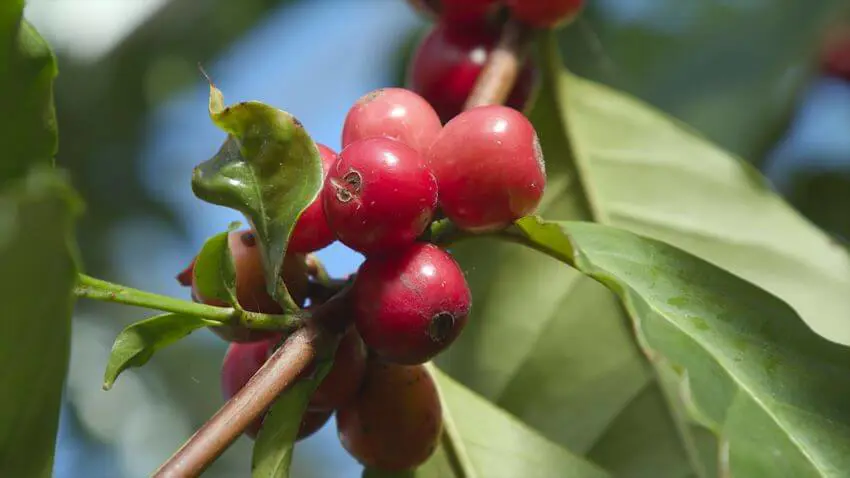
You may be curious whether Coffea arabica, one of the popular coffee strains, contains caffeine. To answer your question, one type of this strain carries minimal caffeine. You see, the regular beans of C. arabica contain approximately 12 mg of caffeine per gram of dry mass.
However, there are rare mutants of this strain that possess only 0.76 mg of caffeine per gram. To make it better, the taste of these mutants is indistinguishable from that of regular coffee. This information is handy for individuals sensitive to caffeine or looking to reduce their intake without sacrificing their coffee-drinking pleasure.
Are Arabica beans bad for You?

As a coffee lover, you may have heard the question, “Are Arabica beans bad for you?” The fact is that Arabica beans, like other coffee beans, contain caffeine. Although caffeine is not inherently harmful in moderate amounts, excessive consumption can result in health problems.
While caffeine can energize and invigorate you, overindulgence could trigger insomnia and anxiety, which at their worst, could impact your mental and physical health. Therefore, it’s essential to consume Arabica beans in moderation and keep an eye on your caffeine intake throughout the day.
Excessive caffeine from any source, including Arabica coffee beans, can lead to adverse outcomes, so ensure that you practice balance and conscious consumption when enjoying a cup of Arabica coffee.
Is Arabic coffee terrible for You?
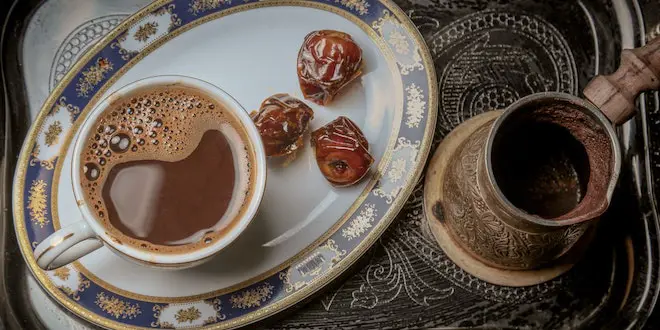
The question that often arises in the minds of coffee enthusiasts is whether Arabic coffee is detrimental to their health. Specifically, some individuals worry about the possibility of dryness brought about by the consumption of coffee.
Arabic coffee does indeed possess diuretic properties that may contribute to dehydration. However, the Coffee and Health organization illuminates that it requires more than five cups of coffee to cause dehydration, thus mitigating this concern.
Arabic coffee carries a mere amount of sodium and a bonus of 116mg of potassium per 8 ounces, contributing to overall health benefits. With this knowledge in mind, Arabic coffee drinkers may relish their favorite beverage without worrying about the potential risk of dryness.
Where is Arabic coffee made?
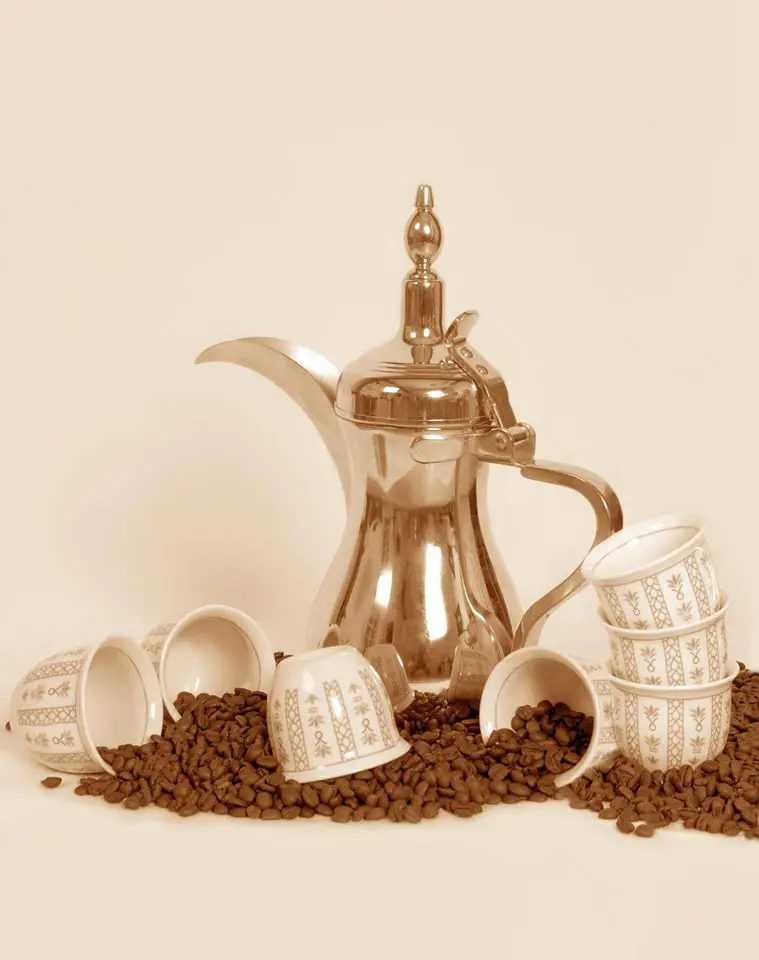
If you’re wondering, “Where is Arabic coffee made?” you’ll be interested to know that this delicious brew, also known as Turkish coffee, hails from Egypt and the Levant countries. This unique coffee concoction is made by boiling dark coffee in a pot and is typically served in a demitasse cup.
One of the delightful aspects of Arabic coffee in Egypt is how it is done – mazurka style. This means that the perfect amount of sugar, about one teaspoon per cup, is added to achieve the ideal sweetness for each individual. So if you’re looking for an authentic taste of Arabic coffee, head to Egypt or any of the Levant countries and experience the rich and distinctive flavors!
How much caffeine is Arabic coffee?

Arabica coffee, a prevalent coffee variety known for its aromatic flavor and exquisite taste, contains moderate caffeine. How much caffeine is there in a cup of Arabica coffee? On average, Arabica contains about 34.1 to 38.5 grams of caffeine per 100 grams of coffee, making it a good choice for individuals who want to indulge in a cup without consuming too much caffeine.
However, it’s important to note that this level of caffeine can vary depending on several factors, including the type of bean used. For instance, Arabica is generally lower in caffeine than the Robusta variety, which packs a higher caffeine content of 68.6 to 81.6 grams per 100 grams of coffee.
Therefore, if you need a caffeine boost to kick-start your day, go for Robusta instead. Otherwise, if you prefer a milder caffeine hit or want to savor the rich taste of Arabica coffee, stick to this beloved variety for your daily caffeine fix.
Is Arabic coffee caffeine free?
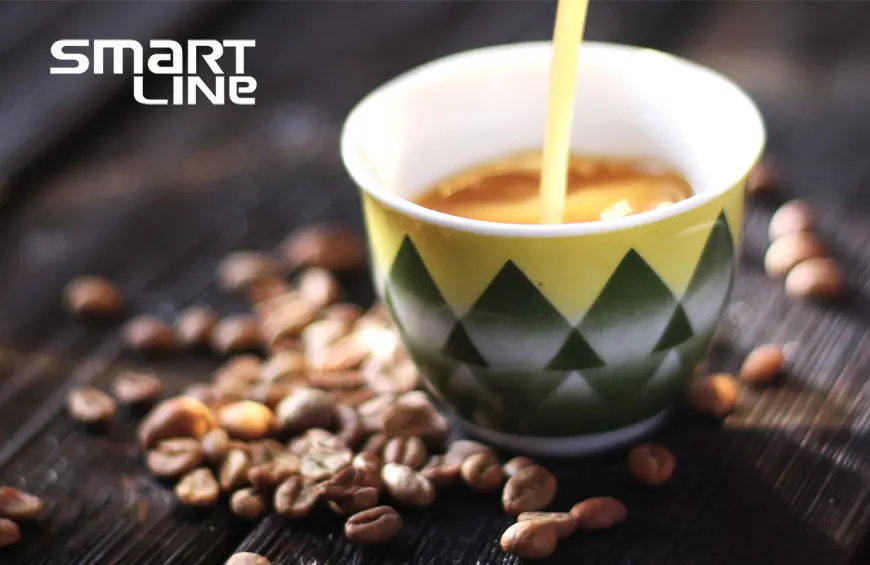
Have you ever wondered about the caffeine content in Arabic coffee? Compared to popular brands like Nescafe® and Turkish coffee, Arabian coffee contains much less caffeine. The Arabian culture is known for its coffee consumption, but a common misconception is that they consume high amounts of caffeine, which is not entirely true.
Their coffee contains only 4.0 mg of caffeine per cup, making it an excellent alternative for individuals seeking a low-caffeine option. It is worth noting that while the caffeine content in Arabic coffee is low, the flavor profile is still rich and unique, making it a beloved beverage among coffee enthusiasts.
So, if you are wondering, “Is Arabic coffee caffeine free?” the answer is no, but the caffeine content is significantly lower than other popular coffee options.
Is Arabic coffee the most robust coffee?
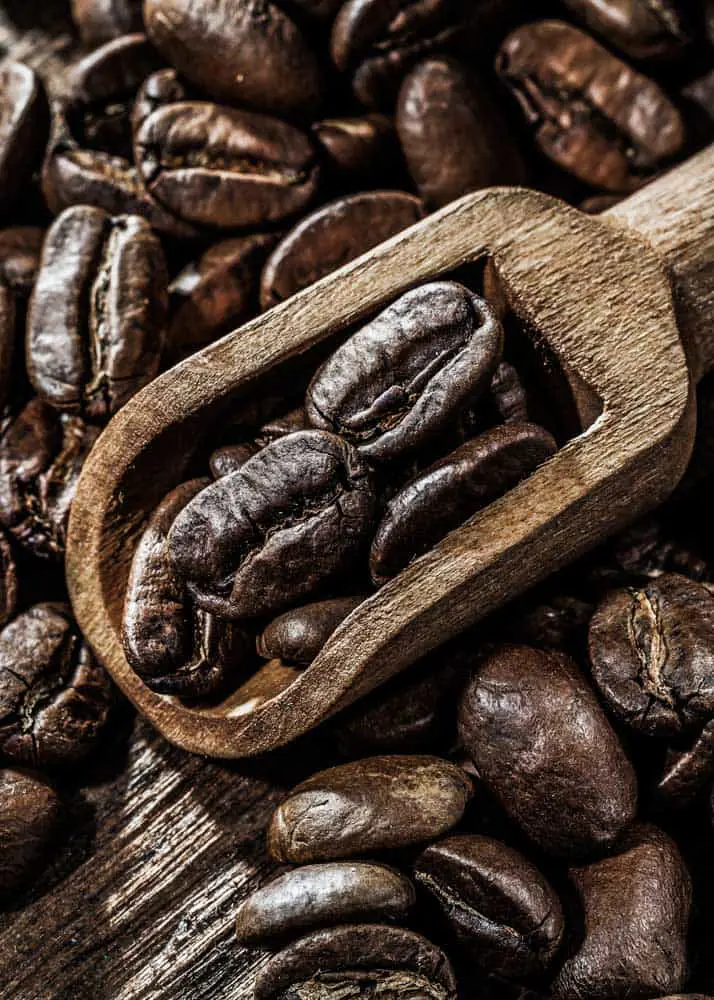
One of the most commonly asked questions about coffee is, “Is Arabic coffee the strongest coffee?” While it’s true that Arabica beans are used in many popular coffee blends, there is a bit more to the story. Firstly, it’s important to note that Arabica beans are generally regarded as having a more complex and nuanced flavor profile than Robusta beans.
But, regarding caffeine content, both beans are among the highest in caffeine. Arabica beans have been found to contain slightly less caffeine than Robusta beans, but this can vary depending on the growing conditions and processing methods used.
Ultimately, the strength of coffee is a combination of several factors, including the roast level, brewing method, and serving size. So, while Arabica beans may not necessarily be the most robust coffee out there, they certainly pack a punch in terms of flavor and caffeine content.
Is Arabic coffee more potent than regular coffee?
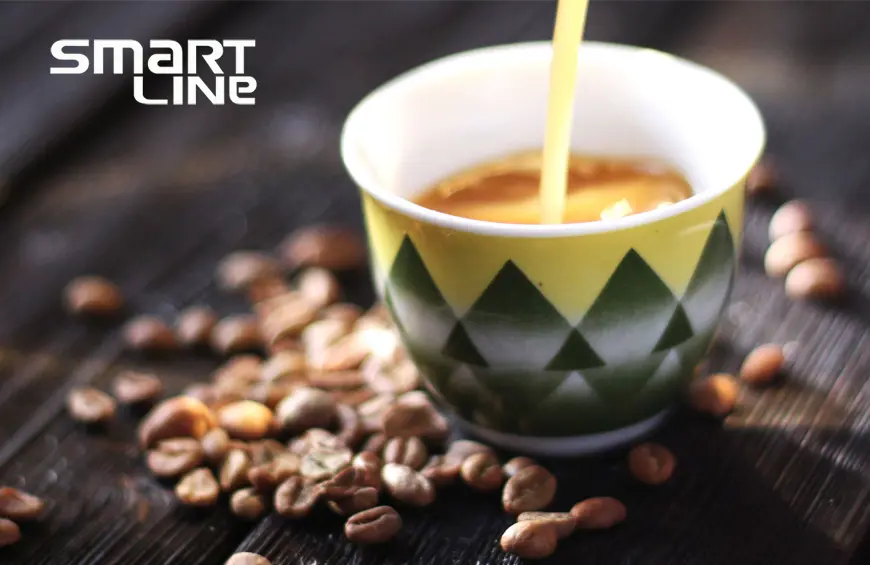
Arabic coffee and American coffee differ not only in their origin but also in their composition. Specifically, when we dig deep into their caffeine content, we see that the Robusta beans that make up American coffee contain twice the level of caffeine than Arabica beans, which make up Arabic coffee.
Thus, when it comes to a comparison of strength, Robusta’s caffeine content makes it the clear winner. However, it’s worth noting that despite the significantly lower caffeine content, Arabica beans have a unique and more refined flavor profile than Robusta beans, which tend to be more bitter and less palatable.
Therefore, if you’re looking for a more complex flavor profile, Arabic coffee is the way to go, while if you require a jolt of caffeine to start your day, American coffee made with Robusta beans is the better choice.

